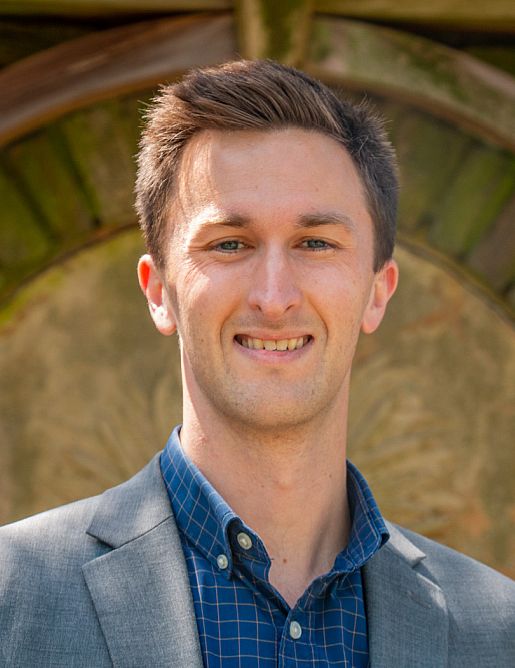
Department
School
Dr. Tilley is a scholar of early Christian literature and languages, with a special focus on Syriac Christianity. His interests include early Christian thought and spirituality, asceticism, biblical interpretation, ancient philosophy, and the intersection of religion and medicine. He is currently working on a monograph that traces the emergence of an East Syriac theology of deification in the thought of influential monastic leader, Babai the Great (c. 551-628). Dr. Tilley works with texts in diverse languages from across the Roman and Sasanian Persian worlds, including Syriac, Greek, Latin, Arabic, Armenian and Middle Persian.
Dr. Tilley is an Assistant Editor for Ancient Jew Review, a non-profit web journal devoted to the interdisciplinary study of ancient Judaism, and serves on the Gorgias Press Syriac-English Antioch Bible (Old Testament) Annotation Committee. He has been a Junior Fellow in Byzantine Studies at Dumbarton Oaks Research Library and Collection (2021-22).
Dr. Tilley was appointed visiting assistant professor of Early Christian Studies in 2023 and assistant professor in the Department of Ancient and Medieval Languages and Cultures in 2025.
Courses
ECST 315/TRS 329A - Spiritual Athletes: Monks and Martyrs in Early Christianity
ECST 701 - Early Christian Asceticism: Monks and Martyrs
LAT 101–102 - Elementary Latin
SEM 403/703 - History of the Christian Near East
SEM 531–532 - Introduction to Syriac
SEM 631–632 - Syriac Literature I–II
SEM 731 - Seminar in Syriac Patristics
SEM 732 - Seminar in Syriac Patristics (Ephrem the Syrian)
Publications
“The Embryological Interpretation of Gen 2.7 and its Use in Dyophysite Christology” Zeitschrift für Antikes Christentum / Journal of Ancient Christianity 28.2 (2024): 303-325.
“Sterile Virgins and Procreative Texts: Platonic Verbal Reproduction in Methodius’s Symposium,” Studia Patristica 126 (2021): 407-424.
Translation of Henri Caffarel, “Marriage and the Eucharist” (“Mariage et eucharistie,” L’anneau d’or: cahier de spiritualité familiale 117-118 [1964]: 243-264) in Nova et Vetera (forthcoming)
